An environmental health scientist says the smoke Alberta has been experiencing from the forest fires raging in British Columbia could become the norm every wildfire season.

Sarah Henderson, a senior environmental scientist with the B.C. Centre for Disease Control, says while no one can predict the future, it’s a safe bet to expect this type of wildfire season will continue to occur in B.C.
She says there have been six “very bad wildfire seasons” in the last 10 years.
“The safest thing is to expect this is just going to keep happening,” Henderson said, meaning it’s safe to assume smoky skies in Alberta will keep happening.
READ MORE: ‘Lovely morning in the apocalypse’: Edmonton wakes up to orange, smoky sky
Many Alberta communities, including Edmonton, have experienced an air quality health index of 10+, or very high risk, this week.
Robert Rohde, a lead scientist with Berkeley Earth tweeted on Friday that Alberta’s capital had the worst air quality in the world over a 24-hour period among cities with a population of at least 250,000.
Rohde noted that air quality in Prince George, B.C., was worse during that period, but the city’s population is under 250,000 so it was not included in the study.

Get daily National news
READ MORE: Wildfire smoke is so thick in Prince George, it looks like night after the sun has risen
While it’s recommended that people avoid exposure to smoke by staying indoors as much possible, Henderson says further precautions should be taken.
“The biggest thing you can do is try to find a way to clear the air inside your home when it’s smoky outside,” Henderson said. “Purchasing one or two good portable air cleaners can make a huge difference in keeping your home comfortable when the outdoor conditions are smoky.”
READ MORE: Edmontonians wake up to another smoky sky, but air quality expected to improve
Henderson says that while the B.C. Centre for Disease Control isn’t conducting a study on the impact of the B.C. wildfires on Albertans, there is research being performed regarding the impact of B.C.’s 2017 wildfire season on pregnant women and infants.
The scientist says some risks of smoke are already known.
“In very smoky conditions, infants have incredibly sensitive lungs and that smoke might actually affect them for the rest of their lives, depending on the exposure,” she said.
“Women who are pregnant during smoky conditions, we don’t really know what the effects of that are, but we do know babies who were born from moms who were exposed to smoke are a little bit smaller than babies who are born from moms not exposed to smoke.”
WATCH: Smoke from the B.C. wildfires resulted in some eerily dark and hazy conditions on the Sturgeon Lake Cree Nation in northwestern Alberta on Friday afternoon

Henderson says those who have a pre-existing health condition also need to take extra precautions or face possible long-term effects on their health.
“If you have a pre-existing health condition, such as asthma or heart disease, and you have some sort of major exacerbation during the smoke, you may never really recover your health again,” she said.
The scientist would also like to see outdoor festival and event organizers implement “a clear smoke policy” that takes into account the impact of air quality on potential attendees.
“Whether the event is going to be cancelled, whether or not the event will go on, and that’s going to lead to a lot less uncertainty for everyone,” Henderson said.
READ MORE: Calgary Ride to Conquer Cancer cancelled due to smoke
Calgary’s Ride to Conquer Cancer was cancelled Saturday, forcing 1,900 cyclists to cut their ride short, whereas the Edmonton Airshow went ahead despite the smoky skies.



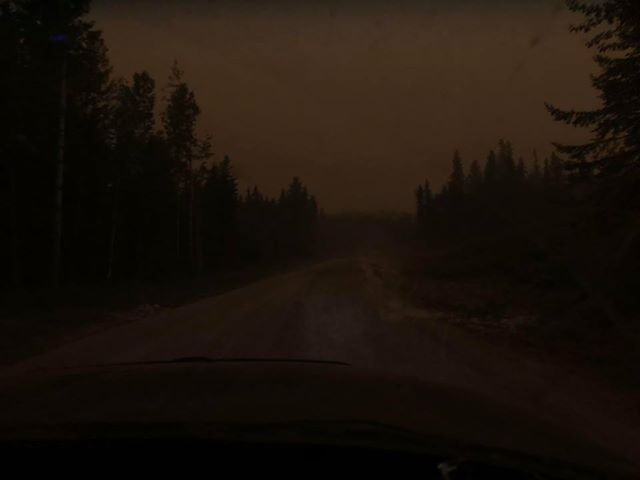

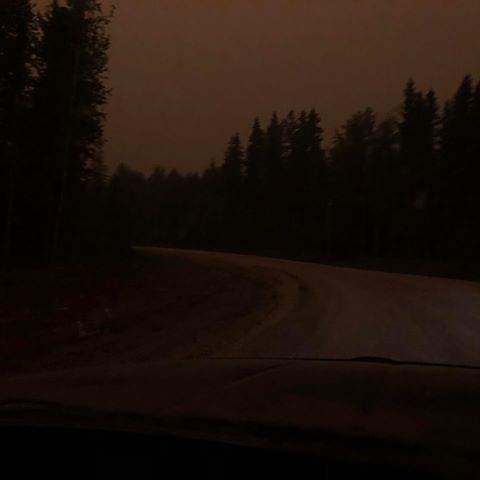

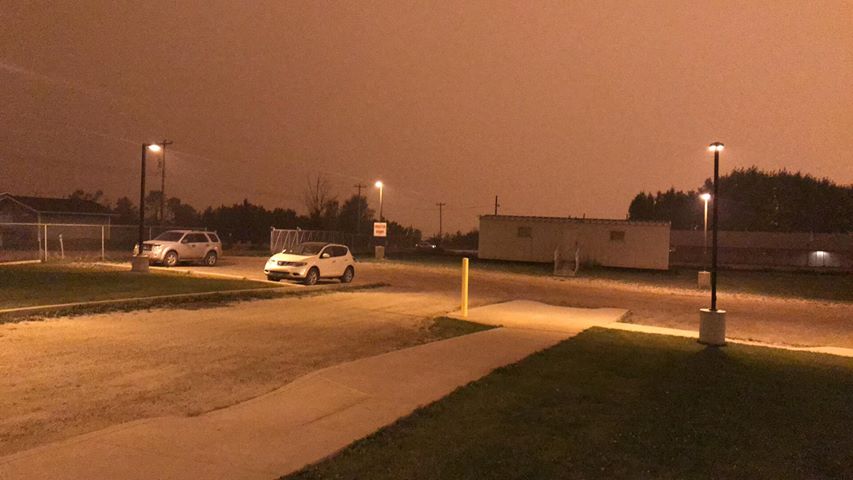

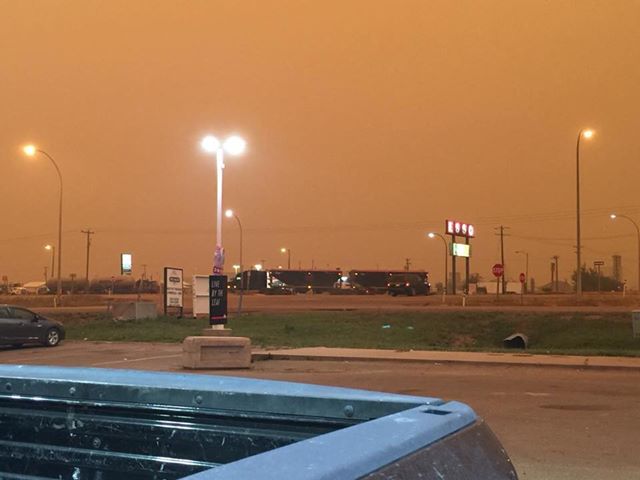

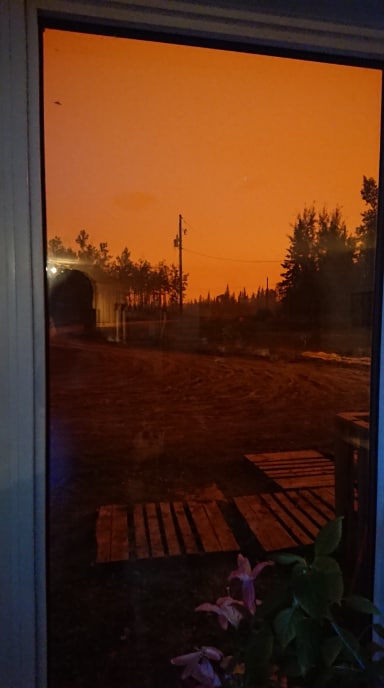
Comments
Want to discuss? Please read our Commenting Policy first.